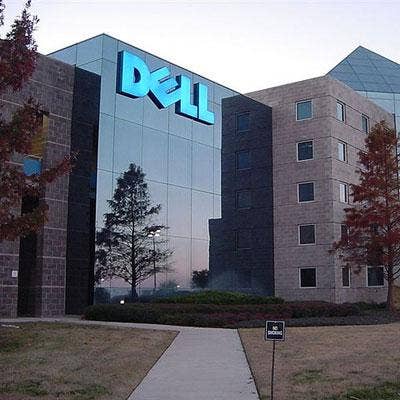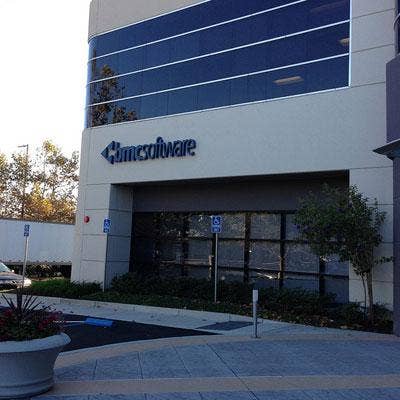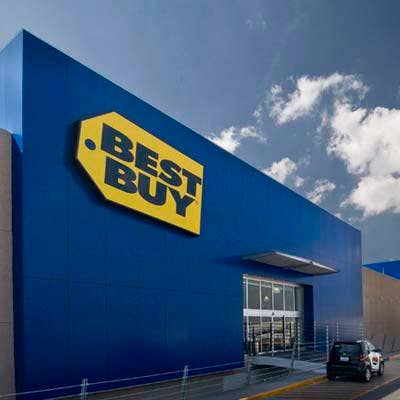Privacy Please: 5 Efforts To Take IT Companies Private

Looking For Some Privacy
IT companies generate lots of headlines when they go public: Witness all the fanfare last year when Facebook went public (and we know how well that turned out). Or even when a less visible company hits the stock exchange, such as both business analytics software vendor Tableau Software and marketing automation application developer Marketo did last week.
But sometimes companies attempt to undo their IPO and take a business private. It can happen when private investors see a bargain and shareholders see a deal they can't refuse. Or, it's a founder who was sidelined when his/her creation went public and s/he wants to reassert control.
Here are five recent bids to take public IT companies private and how those efforts turned out.

Dell's Bid To Go Private Remains In Limbo
It's been more than four months since word leaked out that CEO and founder Michael Dell was working with a couple of private equity firms to take the computer company private. And it seemed like a done deal on February 5 when the company announced a $24.4-billion leveraged buyout deal led by private equity company Silver Lake Partners and a $2 billion loan from Microsoft.
But the effort has become mired in wrangling over the deal's $13.65-per-share price, with some shareholders saying that offer doesn't reflect the company's true value. Those include Carl Icahn and his affiliates and investment firm Southeastern Asset Management, which is maneuvering to control Dell's board of directors.
Meanwhile, Round Rock, Texas-based Dell is struggling as the PC market stalls and demand for server hardware slows. For its first quarter ended May 3, Dell reported a 2 percent year-to-year drop in revenue to $14.1 billion and a 79-percent plunge in net income to $130 million.

Websense Surprises With $1 Billion Buyout
Data security software vendor Websense announced this week a plan to be acquired by private equity firm Vista Equity Partners in a $24.75-per-share deal valued at roughly $1 billion.
In contrast to Dell's increasingly complicated efforts to go private, the Websense deal disclosed Monday followed some obviously quiet negotiating. The Websense board of directors has already approved the deal, and it's now up to stockholders to tender their shares. The transaction is expected to close before the end of this year's third quarter.
The deal "provides stockholders with immediate and substantial cash value that reflects our assessment of the fair value of the company," said chairman John Carrington in a statement. Websense senior management is expected to remain with the company, and its headquarters will remain in San Diego.

BMC Going Private In $6.9 Billion Deal
After several weeks of speculation, BMC announced earlier this month that it is being taken private in a deal valued at approximately $6.9 billion. That's thanks to a $46.25-per-share offer from a private investor group led by Bain Capital and Golden Gate Capital. They expect to close the deal later this year.
Houston-based BMC develops data center, network and application management tools. Last year Houston-based BMC came under pressure to sell itself from activist hedge fund Elliott Management, which owned 9.6 percent of BMC as of Jan. 30. Elliott Management put pressure on the company's board, arguing that BMC management was missing an opportunity to expand into Web-based software.

Best Buy Chairman Fails In Effort To Take Retailer Private
One year ago Best Buy founder and chairman Richard Schulze resigned when the board discovered that then-CEO Brian Dunn had engaged in an inappropriate relationship with a female employee and Schulze had failed to bring it to the board's attention.
A few months later Schulze, who remains the retailer's biggest shareholder, launched a bid to take the company private at a share price between $24 and $26.
That effort failed, and in March of this year, Schulze surprised everyone by returning to the company with the title "chairman emeritus." While that's just an honorary title, Schulze addressed Best Buy employees at the company's Richfield, Minn., headquarters with a list of what he saw as the retailer's top 10 priorities, according to a Star Tribune story. Schulze's interests on the board are represented by former CEO Brad Anderson and former president and vice chairman Al Lenzmeier.

Sycamore Networks Ends Tumultuous History With Private Buyout
When Chelmsford, Mass.-based telecommunications company Sycamore Networks went public in 1999, it was one of the most successful IPOs in the state as the dot.com boom boosted demand for its optical switching systems.
But after the dot.com bubble popped, the company struggled to maintain growth and it sustained big losses in 2001 and 2002. Finally, in February of this year, the company was taken private by Marlin Equity Partners and renamed Sycamore Network Solutions, led by CEO John Scully (pictured). Marlin paid $18.8 million for most of the company's assets in a deal shareholders approved Jan. 31.
In its last full fiscal year ended July 31, 2012, the company reported a net loss of nearly $13 million on sales of $57.3 million.